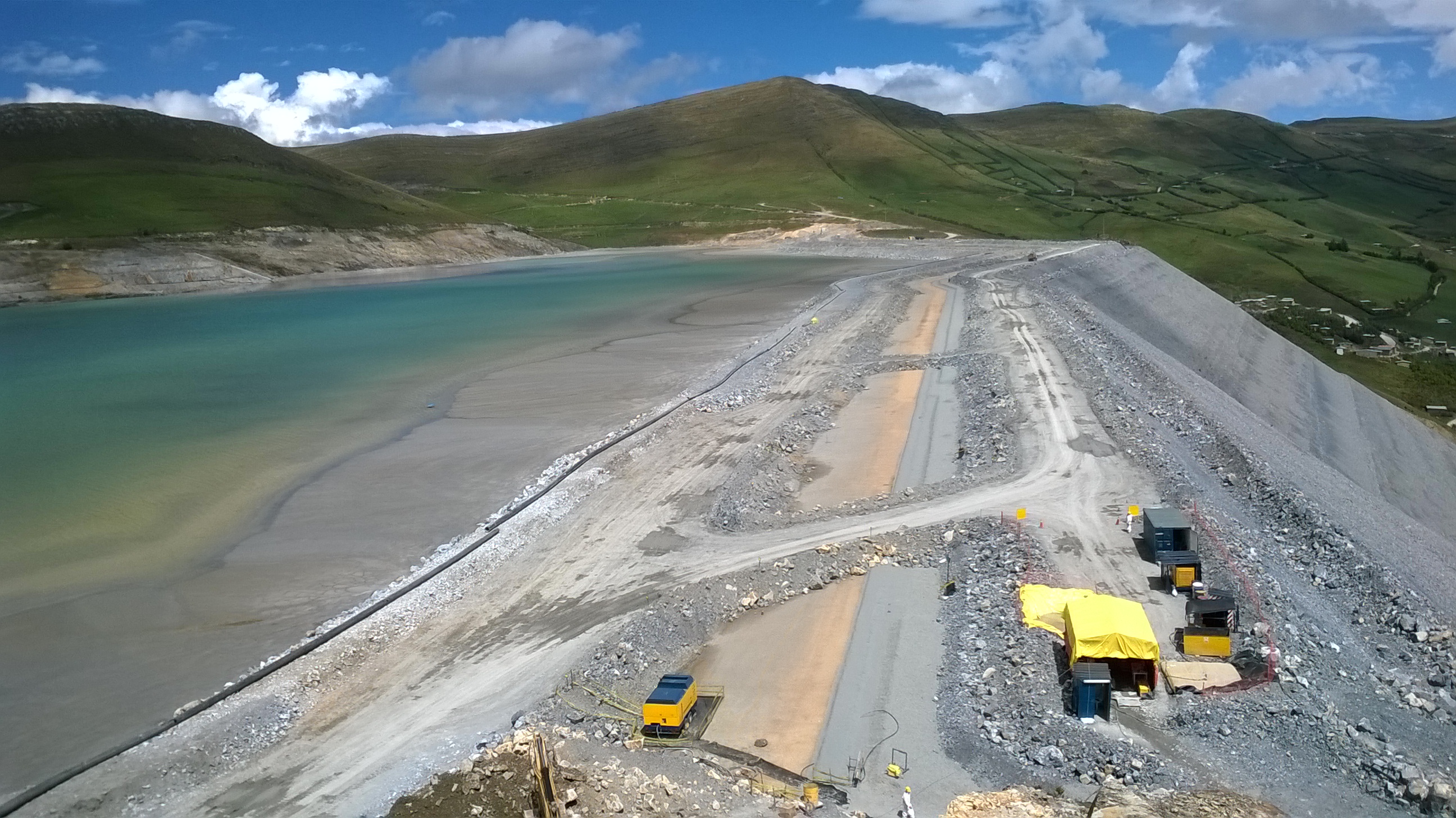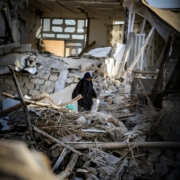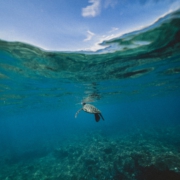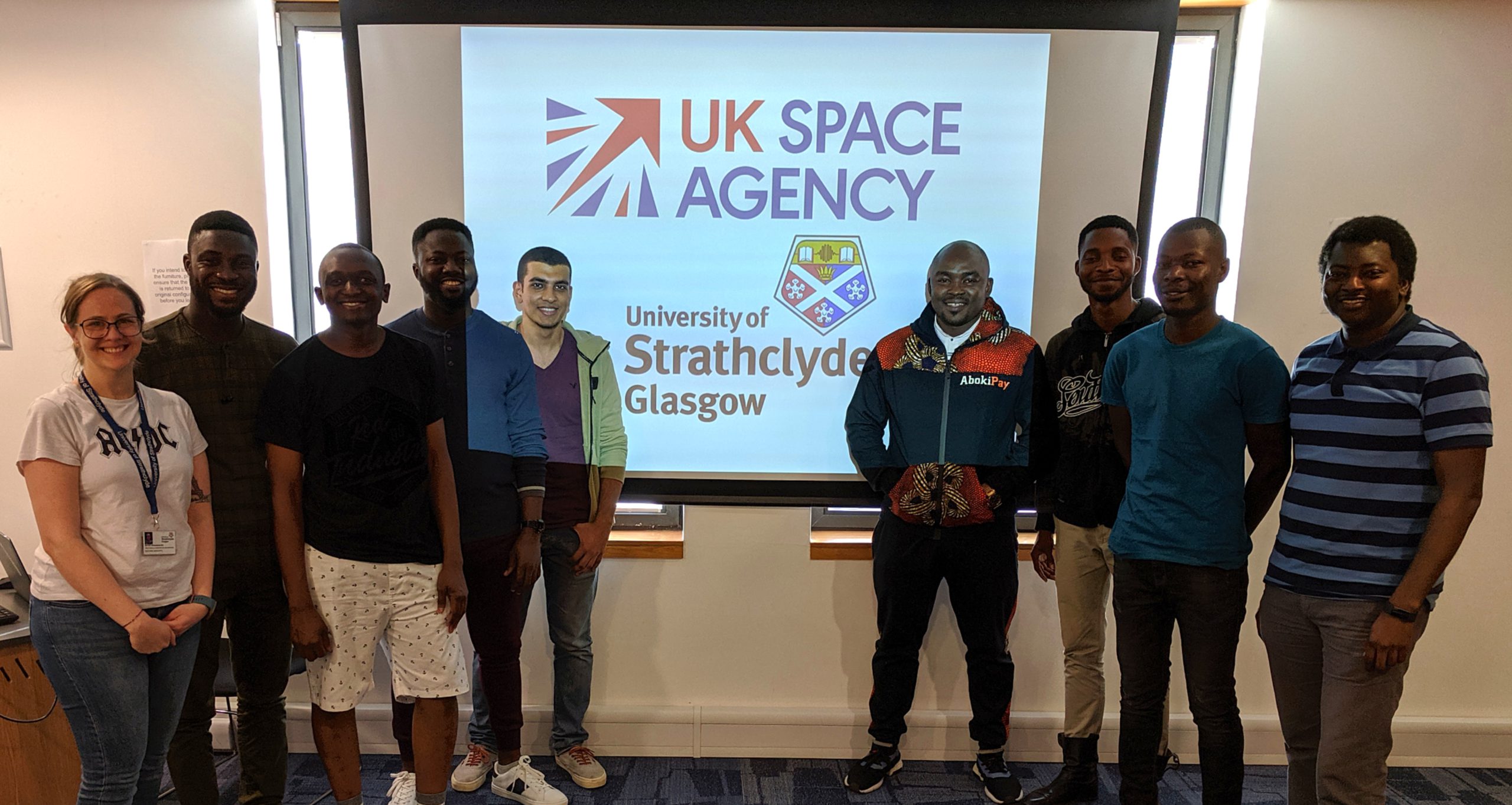Monitoring Tailing Dams at Mines using Earth Observation
Members of the International Partnership Programme travelled to Peru recently to visit one of their IPP projects which is looking at how satellite technology can be used to monitor Tailings Dams in the highlands of Peru.
But what are tailings dams?
Tailings are the residual material leftover from the mining process and are often toxic and a major pollution threat. This material is stored behind a tailings damuntil the mining process is over and the land can be terraformed. The problem is that these dams are often unstable and prone to leaking pollutants and potential collapse. This risk was realised in the January 2019 when a tailings dam in Brazil collapsed leading to the tragic death of nearly 250 people.
The UK Space Agency was in Peru to visit the DAMSAT project led by HR Wallingford. This project is using satellite radar and optical data with ground Global Navigation Satellite System (GNSS) sensors to monitor movements in these dams. Their intention is to create a tool which will give advance warning to the authorities, allowing them to take pre-emptive action when required. Further details can be seen on this video recently produced by HR Wallingford.
A key objective of this visit was to meet with all the project partners and the key stakeholders in Peru. The IPP team were also involved with a press conference in the Cajamarca region of Peru were the work is working. Mining is a significant part of the economy in Cajamarca and the IPP team were glad to see enthusiasm and engagement from our in-country partners. There is clearly a need for the project’s objectives and potential for positive impacts.
The project has issued a first release of its system which is being reviews by the project partners and stakeholders. By the end of the project in March of 2021 they intend on having be a fully operational system, able to monitor industrial tailings dams remotely and alert the relevant authorities to heighted risk and the areas of potential impact.
This project is one of three projects in Peru, with IPP having a total of 33 projects working in 37 countries, working on a range of issues. See our website for more details on these projects around the world.










